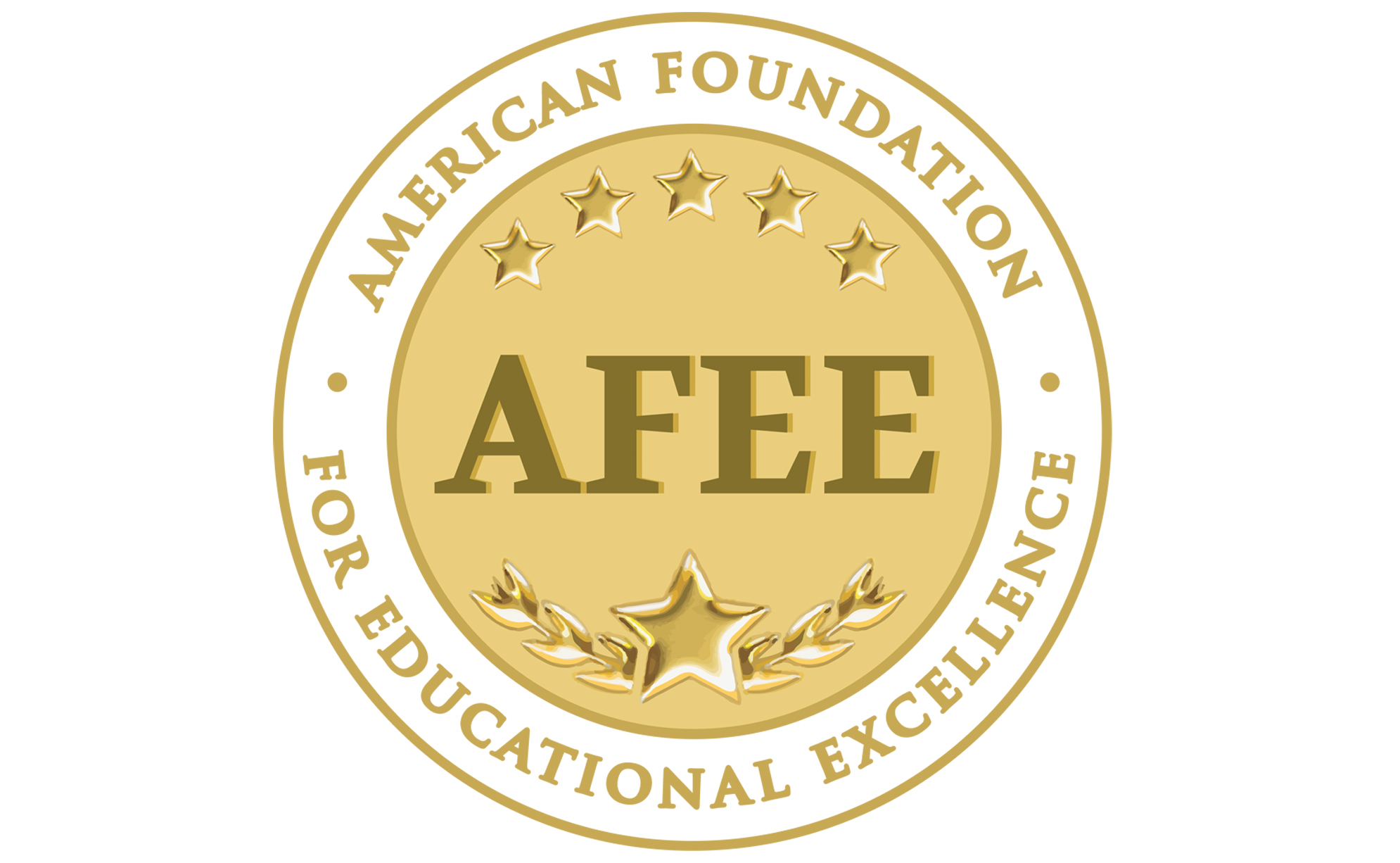Strategic Decision-Making: June 10, 2021
Title: Utilizing the Wisdom of the Workforce for Strategic and Operational Success
Presented By: Matthew S. A. Feely, Ph.D., Captain, U.S. Navy (Ret.); Faculty Instructor, United States Army War College; Adjunct Assistant Professor, Columbia Business School, Columbia University.
Captain, U.S. Navy (Ret.); Faculty Instructor, United States Army War College; Adjunct Assistant Professor, Columbia Business School, Columbia University.
Description: Executives of businesses, government agencies, and non-profit organizations often claim that their most important asset is their people, their workforce. Yet, workforce members across the public and private sectors representing for-profit and not-for-profit businesses just as often complain that they are taken for granted, that their concerns are forgotten, and that their expertise is all but ignored by the very executives who proclaim how much they value the workforce.
Research shows that ignoring the considerable wisdom of the workforce can – and does – place the organization at risk of competitive disadvantage or general irrelevance, especially for organizations that face complexity – complexity that overwhelms the decision-making ability of even the most cerebral, most practiced, most capable senior executive(s).
Complexity demands distributed decision-making, where even important, strategic decisions be pushed to middle managers and maybe even to the artisans, the line workers, the customer service representatives – whom, while perhaps not having the vast degree of experience that C-suite executives have, are in the position to understand even the most nuanced changes in the environment and the customer response to them – in real time.
This webinar explores two frameworks which make acknowledge the need to leverage the capacities of the broader workforce. The two frameworks are provided by luminaries whom, though they represent two very different pathways to prominence, share some fundamental ideas about the need to harness the wisdom of the workforce.
The webinar will study Ron Heifetz’s notion of Adaptive Leadership. Professor Heifetz, a lecturer at Harvard’s Kennedy School, was among the first theorists to proclaim and popularize acceptance of the need – and a method – to push decision-making to the lowest possible levels of a given organization.
We will also study General Martin Dempsey’s concept of Mission Command, a framework that the U.S. military uses as its notion of “Command and Control.” Dempsey, a former Chief of Staff of the U.S. Army and Chairman of the Joint Chiefs of Staff, the most senior military officer in the U.S., developed the Mission Command framework in 2012 as a recognition that the traditional command and control method, which relied upon a strict hierarchical protocol and which presupposed the commander would direct forces in the field, was no longer viable in today’s increasingly complex, some would say “impossibly complex,” battle space.
Both models offer the business executive important perspectives, and each model is complementary to the other and thus, particularly helpful to study simultaneously.
Learning Outcomes:
- Participants will be able to identify the principal benefits of and steps to implement Adaptive Leadership;
- Participants will be able to identify the principal benefits of and attributes of Mission Command; and
- Participants will be able to conceptualize how to apply the concepts from the frameworks to their own organizations.
Biography: Matthew S. A. Feely joined the faculty at the Columbia Business School in May 2013, teaching strategic leadership and leadership decision-making to emerging leaders in the MBA and Executive MBA programs as well as to senior executives in the Crisis Leadership Executive Program and Advanced Management Program. Matt is also a faculty instructor at the United States Army War College where he leads two, year-long seminars of senior military officers in graduate studies to help them emerge as the next generation of strategic thinkers and leaders, applying their craft in a volatile, uncertain, complex and ambiguous world.
His work in the classroom and lecture halls exemplifies a fusion of theoretical knowledge with practical experience gained from a robust scholarship coupled with a three decade-long navy career and recent problem solving work he has done on behalf of the private sector, the United States defense establishment and political campaigns. Matt’s case study about his experiences leading relief operations after the Great East Japan Earthquake earned the distinction of being the first Columbia University case study ever to be published as a paper case and as a multi-media case study.
Matt earned a B.S. at the U.S. Naval Academy, an MBA at the Wharton School and a Ph.D. in Decision Sciences at the Wharton School’s Center for Risk Management and Decision Processes and the Center for Energy and the Environment, University of Pennsylvania. He is also a distinguished graduate of the National Defense University.














































